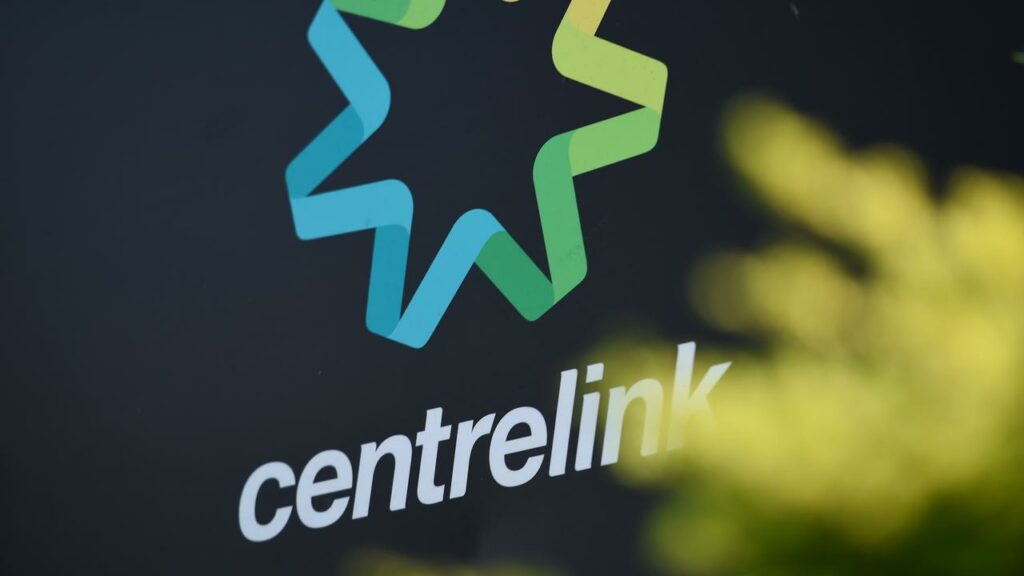Labor accused of failing rethink of cashless card
Dominic Giannini and Paul Osborne |

Social justice advocates and welfare groups say the government’s position on the future of income quarantining continues a “top down” approach.
A Senate committee is examining a draft law introduced to parliament in the wake of the abolition of the cashless debt card program.
The program, using the BasicsCard, was widely criticised for unfairly targeting and negatively impacting Aboriginal communities.
Health experts were concerned it did little to support people with addiction and entrenched feelings of disempowerment and injustice.
The government is instead seeking parliament’s support for a bill to set up an “enhanced income management program” using a SmartCard system.
It will enable access to over a million outlets across Australia as well as tap-and-go transactions, online shopping and BPAY.
Aboriginal Peak Organisations Northern Territory said income management had failed to address the real needs and complex social issues facing communities and unfairly targeted Indigenous people.
Theresa Roe said the bill didn’t indicate the “fresh start” promised by the government after repealing the cashless debit card, as it still carried elements of compulsory income management.
“We do not support compulsory income management and we do not support this bill,” she told the inquiry.
“We are still on the periphery of people in Canberra who have no understanding of what it’s like on the ground.
“We want real jobs in our communities for our people, we don’t want more welfare that is imposed by government. Compulsory income management is a vehicle for disempowerment and stigmatisation of Aboriginal people.”
Councillors from Laverton and Leonora in Western Australia said people in their communities had problems managing income, with alcohol and gambling leading to social problems, including violence.
“We’ve tried everything. It all just goes back to the way it was,” Laverton Shire president Patrick Hill told the inquiry.
“We want a safe community. We want to see kids happy and women happy.
“People just don’t understand what we’re going through and it’s really, really sad to see.”
Leonora Shire president Peter Craig hit back at suggestions income management was racist.
“Come and live in our community,” he told senators who argued many Aboriginal people were able to manage their income.
He said there were “a high number of people that cannot control the cash they have been given and that relates to alcohol violence and anti-social issues”.
“If it’s optional and those people don’t opt on, then we continue with the same problems that we have.”
Arnhem Land Progress Aboriginal Corporation general manager Emma Kelly said while her organisation had been consulted, she wasn’t confident about the level of consultation at a community level.
Queensland Indigenous Family Violence Legal Service policy officer Kulumba Kiyingi agreed.
He said there had been a “top-down approach” from government that had to be shifted towards a greater focus on communities.
Mr Hill said support services needed to be embedded in the local communities instead of providers and officials driving in for a day and then leaving.
He said he was happy to become a “social reform hub” for the region by hosting support facilities and services.
AAP